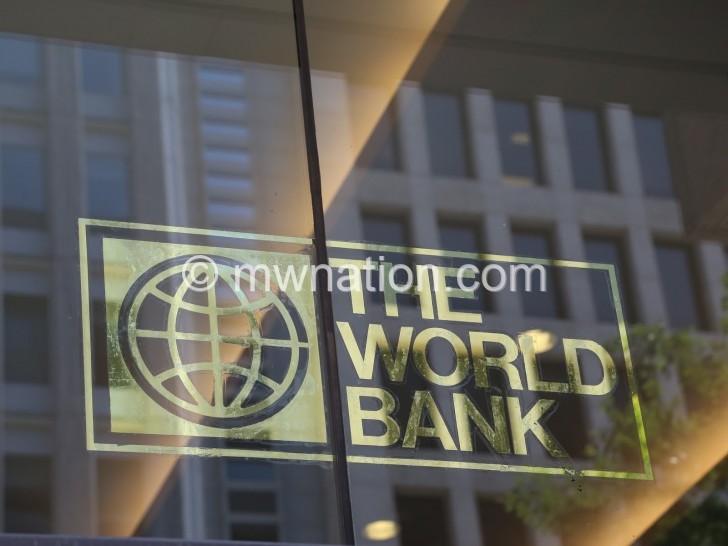The World Bank has painted a gloomy outlook for the economy in the medium-term, a position economic commentator says pauses a serious concern for the welfare of Malawians.
In its December 2022 Malawi Economic Report, the bank said a lack of sustained economic growth, projected at 0.9 percent in 2022, along with the continuous inflationary pressures and recurrent weather shocks, will make it more difficult for Malawi to find a way to reduce poverty.
This, the bank said, could result in people living with less than $2.15 (about K2 300) per day remaining at 71 percent in 2022 and 2023, with further external shocks may result in increasing poverty rates and push more people into food insecurity.
Said the bank in report: “Recovery from the Covid-19 pandemic continues to be hampered by the sustained impacts of cyclones in early 2022, as well as persistent economic imbalances. A full recovery of the economy to a pre-Covid-19 growth path is not expected in the near-term.
“Prolonged foreign exchange shortages can have severe and long-lasting effects on the real economy.
“Businesses have to forego potentially profitable investment opportunities because imported investment items are unavailable, limiting economic growth in the medium-term. Inflation is expected to remain high.”
With an elevated inflation, Malawian businesses and consumers will likely have to expect higher Malawi kwacha prices for imported products, especially fuel, fertilizer and cooking oil.
In addition to rising inflation, there is a possibility of energy prices rising, which will increase electricity prices and further strain the costs of production, the bank said.
“Pressures on the macro-economy could create further challenges for the achievement of the government’s fiscal consolidation aims.”
In the 2022/23 fiscal year, the bank projects the fiscal deficit may widen further to 8.6 percent of the gross domestic product (GPD), beyond the Treasury’s revised target of seven percent of GDP in the absence of significant reforms.
In an interview on Thursday, economist Bond Mtembezeka observed that the poor performance of the agriculture sector and foreign exchange challenges does not make the economic outlook encouraging.
He said: “Firstly, we are a predominantly agriculture country and it does not seem that AIP will perform well this year and that will be the second year in a row. Secondly, the foreign exchange issue is still on and all sustainable interventions are medium to long term. So Malawi is battling economic issues almost on all fronts and that’s a serious cause for concern.”
Minister of Finance and Economic Affairs Sosten Gwengwe conceded that the economy is not growing enough.
“The reasons are global plus our own domestic constraints like forest shortage and energy problems which has constrained even the private sector.”
The post World Bank sees gloomy outlook appeared first on The Nation Online.
 Moni Malawi
Moni Malawi 

